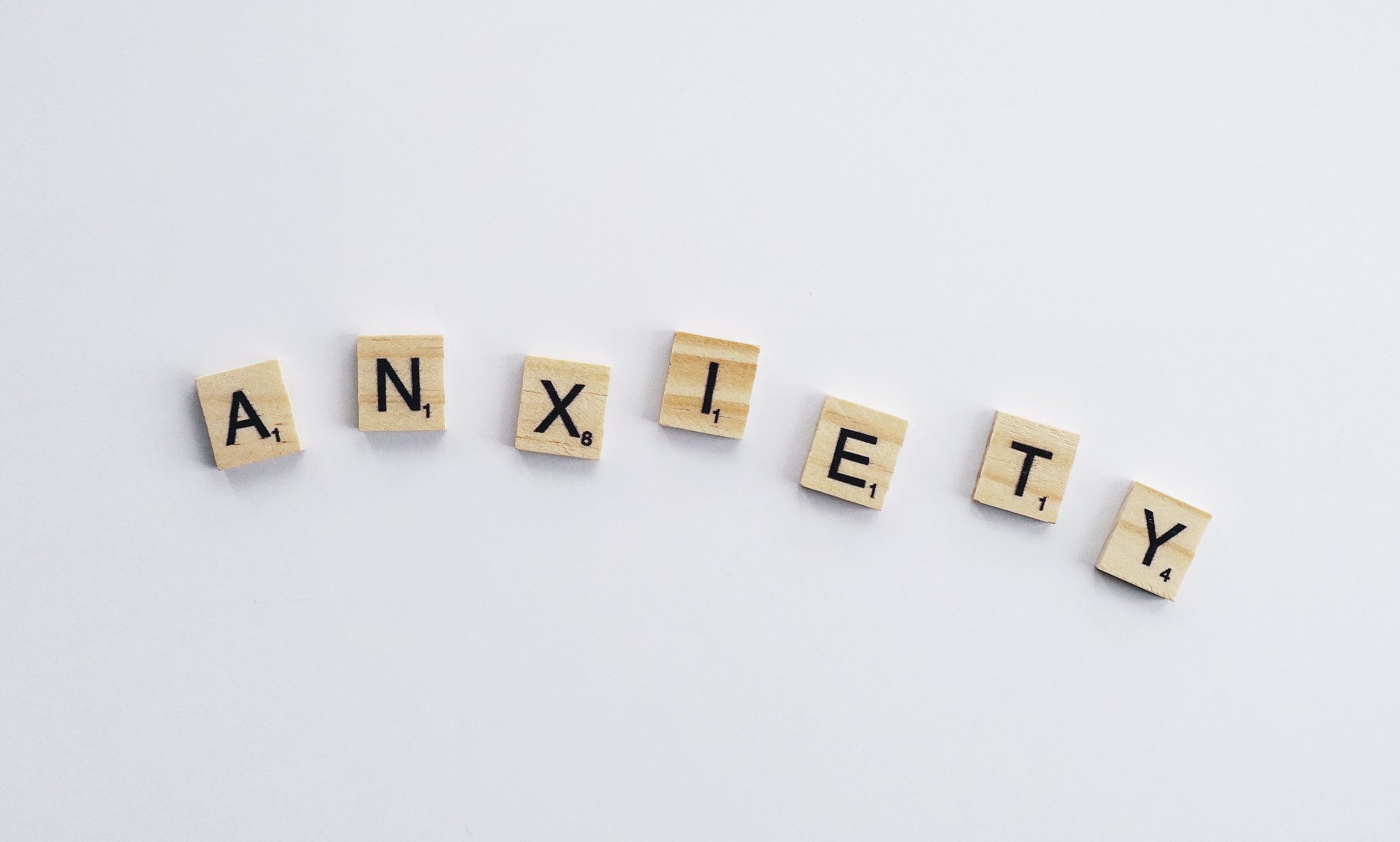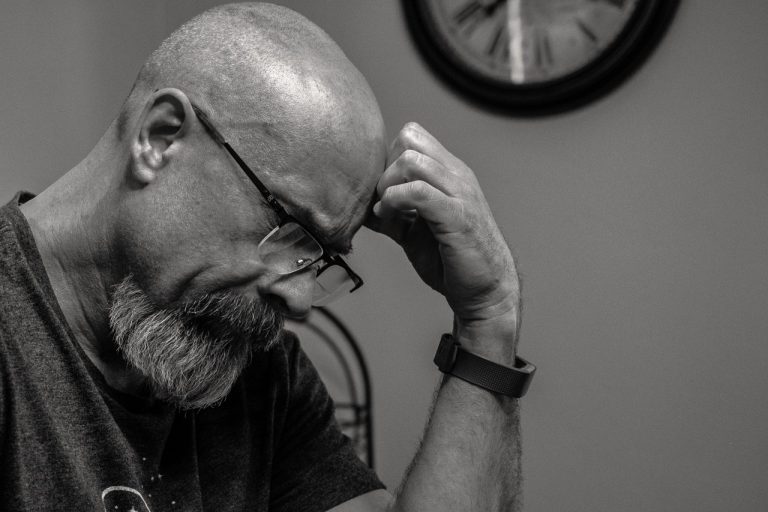Key takeaways
- Quitting smoking is tough, but you'll succeed
- Your body has changed a lot already.
- You'll continue to see improvements ahead.
- Psychological benefits are noticeable after quitting.
- Keep up the great work you're doing!
You’ve quit smoking 4 months ago? That’s a big accomplishment!
Even the most motivated smokers will certainly relapse during their first quit attempt. But, you’ve managed to go through the most grueling period of quitting smoking, which is the first month.
Now, all that’s left is to keep going, and read about the physical and psychological transformations you’ve gone through in the last four months.
Let’s see everything that has leveled up in your body during the time you’ve quit smoking.
Chat to a prescriber
Bulk-billed phone consultations
TGA-authorised clinicians
Nicotine vaping scripts available
Quitting Smoking: The First Month
A lot of major changes took place in the first 4 weeks after you quit smoking.
Some of these changes may have been noticeable, but you may have been completely unaware of others.
In the first 4 weeks, your body entered an intensive recovery phase. Let’s take a look at what was going on.
Three Days After Quitting Smoking
Your body actually began healing in the first few minutes after you put out your last cigarette.
One of the main components of cigarettes is nicotine. This is the chemical that makes tobacco addictive. It negatively impacts the body in a number of ways.
While not inherently dangerous (there are 7,000 chemicals in tobacco that are detrimental to your health), nicotine can increase your heart rate and blood pressure. If you have an existing heart condition, a small hit of nicotine — whether through smoke or vapour — can be potentially dangerous to you.
But, without nicotine in your system after you’ve quit smoking 4 months ago, you’ve enjoyed the following:
20 minutes of quitting: Your heart rate and blood pressure have gone back to normal.
6 – 48 hours of no smoking: Your body has lower carbon monoxide levels (zero by now as you’re 4 months free of smoking).
72 hours of quitting: You have zero nicotine in your system.
Sure, these are just the benefits of three days of not smoking — but you soldiered through the toughest part of quitting that, by going through it, gave you the biggest health improvements, according to studies.
Nicotine Withdrawal

It’s within those first 3 days that the nicotine withdrawal symptoms are at their most severe. In fact, a study has shown that many long-term smokers experience extremely severe withdrawals, they lose interest in stopping smoking.
Be proud of yourself for quitting 4 months of smoking and pushing forward to eliminating the psychological pangs left by cigarettes — it’s not an easy feat for most people given the withdrawals.
Nicotine releases dopamine and serotonin, the feel-good chemicals in the body after you’ve done something difficult or overcome your fears.
The nicotine levels in the body decrease the longer you don’t smoke. Your brain will start buzzing you about it, which triggers the withdrawals you have likely felt during the first three days or weeks of stopping smoking.
Without nicotine to stimulate its release (and now that your dopamine levels are in good shape and triggered by productive activity), you’re on your way to success.
Nicotine withdrawal presents with a number of unpleasant symptoms, including cravings, headaches, flu-like symptoms, restlessness, anxiety
Essentially, all of these symptoms are what usually prompt you to reach for another cigarette.
As you’ll know now that you’re 4 months smoke-free, the withdrawal symptoms gradually decline in the first four weeks after you quit.
And, given how difficult that could be, congratulate and pat yourself on the back or give yourself a treat for it’s a huge milestone!
1 Week After Quitting Smoking
The 1-week milestone was an important one. Smokers who make it 1 week without smoking are 9 times more likely to successfully quit.
The first week of stopping smoking shows signs that your physical nicotine dependence has weaned, and so has the withdrawal symptoms.
It’s also within this period you may notice that food tastes better and you can determine smells much easier than before.
Cigarette smoke has damaged your taste buds and smell receptors when you kept on smoking. Now that they’re completely recovered by quitting smoking 4 months, you can taste and smell the full spectrum of flavours and smells.
The first week of quitting also significantly increases your levels of vitamin C and other antioxidants in your blood. Research suggests that smokers have lower vitamin C levels than nonsmokers, but when you quit, these levels rise again.
2 Weeks After Quitting Smoking

If you felt great after just one week of quitting smoking, you’ve probably noticed much more significant improvements in your breathing and physical activities during the second week you’ve quit smoking.
By two weeks of stopping smoking, your body has restored its oxygen flow. Your lungs are also stronger and have cleaned out a huge chunk of tar and other dangerous chemicals from cigarettes.
You’ve probably noticed the coughing and wheezing has finally stopped. There are no symptoms of sore throat, dry mouth, headaches, upset stomachs, and fatigue.
It’s also this time that you’ve probably noticed you’re not thinking of cigarettes anymore.
As we’ve mentioned earlier, the psychological pangs of not smoking is the only issue remaining, and it’s much more intense after two weeks of quitting smoking.
So, be kind to yourself if you have some elevated levels of stress and anxiety.
4 Weeks After Quitting Smoking
Try to recall how you felt 4 weeks after you quit smoking.
You may have noticed the appearance of your skin improved, with less yellowing around the tips of your fingers.
The toxins in cigarettes irritate the sinuses, which can lead to chronic problems. 1 month into your quitting journey, it’s likely any sinus issues and congestion began clearing up.
In the first 4 weeks after quitting smoking, your lungs worked hard to heal themselves. Our lungs are actually incredibly resilient and begin the reparation process as soon as you stub out your last cigarette.
The cilia are the tiny hair-like structures that line the lung tissue. Their job is to rid the lungs of toxins and bacteria to prevent infection and disease.
When you smoke, you inhale more than 7,000 chemicals. These toxins and the tar in tobacco cause the cilia to become stuck, meaning they cannot effectively clear debris from the lungs.
As a result, these substances build up in your lungs and the cilia have to work harder to push them back out. This is what causes the smoker’s cough.
4 weeks after quitting, your cough may have worsened. This is because the cilia are healing, regrowing, and regaining movement, working overtime to clean out your lungs.
Quit Smoking: 4 Months Later
4 months after quitting smoking, your body has transformed for the better in a number of ways.
The improvements to your physical health are widespread and significant, but it’s at this point that the psychological improvements really start setting in.
Physical Improvements

Your lungs have been working hard to heal themselves over the past 4 months.
4 months after quitting, your cough will have improved, and you’ll experience less wheezing and shortness of breath. The cilia have almost completely healed and have removed the mucus, tar, and toxins from your lungs, so you’ll be less likely to regularly cough up phlegm.
Your immune system is also beginning to recover at the 4-month mark. You may notice you become sick less often, and when you do get sick, your body recovers more quickly.
4 months in and your blood is less thick and sticky, so your circulation significantly improves. You’ll likely notice this in your extremities.
Any physical withdrawal symptoms you experienced — headaches, fluey symptoms, stomach upset, and increased pain sensitivity — should have cleared by now.
If you’re still experiencing bothersome symptoms, have a chat with your GP. They will be able to make sure there’s nothing else at play and recommend strategies to help you.
Psychological Improvements
As mentioned, nicotine withdrawal can trigger feelings of anger, irritability, stress, and restlessness. Provided you do not have an underlying mental health condition, these psychological symptoms will have eased significantly 4 months after quitting smoking.
You’ll also enjoy a better quality of life months after quitting. When you become addicted to nicotine, your emotional state becomes closely tied to whether or not you regularly receive your dose of nicotine.
As mentioned, you may feel agitated or upset in-between cigarettes until you smoke again, because nicotine is interfering with your dopamine receptors.
Within 4 months of quitting, your dependence on nicotine wanes and you’re no longer relying on the chemical to feel good.
This results in a better quality of life and overall freedom. You will no longer need to isolate yourself from coworkers, friends, or family who don’t smoke, and your day-to-day activities won’t be interrupted by smoke breaks.
As nicotine is no longer controlling your mood, you’ll likely feel calmer and happier in general. The improvements to your physical health also go a long way in improving your mental health.
Quitting Smoking: Anxiety and Depression

Quitting smoking can be particularly challenging in people who have underlying anxiety or depressive disorders, as smoking is often used as a way of coping with these feelings.
Many people find their anxiety or depression alleviated when they smoke. It’s common to mistake the relief nicotine provides as helping the underlying anxiety or depression.
What’s actually happening is that in-between cigarettes, feelings of anxiety or depression worsen due to nicotine withdrawal. Smoking again has a kind of bandaid effect that momentarily relieves that discomfort. The underlying anxiety or depression remains.
If you do have a mental health condition or are experiencing difficulties quitting, it’s important to get in touch with a GP or mental health professional. They will be able to support you on your quitting journey and provide additional strategies.
What’s Next?

When you quit smoking 4 months ago, your body immediately began to heal itself. You’re now reaping the rewards. Enjoy the experience of breathing easier, sleeping better, and feeling happier.
So, what’s next? Fortunately, there’s a lot to look forward to.
6 months after quitting smoking, many people notice they’re better at handling stress without craving a cigarette. This is a promising predictor of prolonged abstinence.
At the 1-year mark, your risk of developing diabetes and certain cancers — including liver, colon, rectum, stomach, and pancreatic cancer — is significantly reduced.
After 5 years, your stroke risk is the same as the risk for non-smokers.
After 10 years, your lung cancer risk is half of what it was when you smoked.
At 15 years, your heart disease risk is the same as that of non-smokers.
Take a moment to congratulate yourself on 4 months smoke-free. You’ve made the best possible decision for your health and your future.
If you need more inspiration, learn about the complete timeline to quit smoking and feel motivated to finally kick the habit for good.
Link References:
- https://www.ncbi.nlm.nih.gov/books/NBK482442/
- https://www.ncbi.nlm.nih.gov/pmc/articles/PMC1349925/
- https://www.quit.org.au/articles/sticky-blood/

